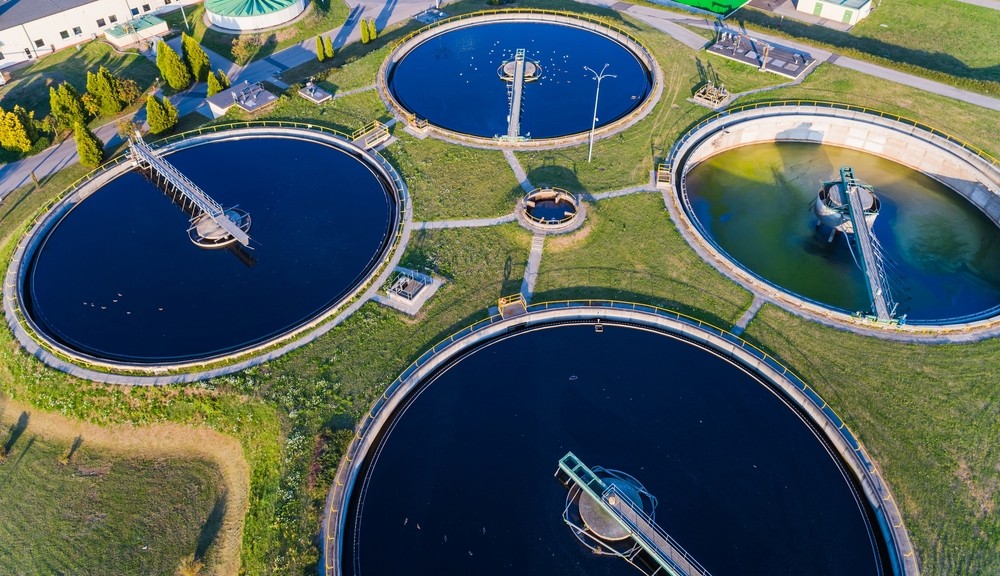As organisations in the water, gas, and electricity industries face up to the challenges caused by abnormal weather events, the rising cost of energy, and ageing infrastructure, a new report, Embedding resilience to enhance adaptability, calls for greater deployment of simulation modelling and high-frequency data.
The report combines insight from UK Power Networks, ista Energy UK and CKDelta, to address four key challenges facing the industry today – including planning for external shock and weather conditions, shifting patterns of usage, the transition to net zero, and the need to upgrade ageing infrastructure across the UK.
Highlighting shifting patterns of energy and water usage as a core challenge to achieving these targets, the report states that we need integrated solutions that can accurately accommodate and predict both emerging and static trends. It identifies predictive data models developed from machine learning with high-frequency data as one such solution, noting that these models could also play a key role in optimising existing systems and networks.
Demonstrating the use of data to impact on-the-ground decisions, the report draws attention to UK Power Networks’ Envision project. The project is simulating how power flows through its networks across London, the south and southeast of England. The machine learning-based software tool provides a predictive model of the low voltage network to enhance visibility and add more capacity for new infrastructure such as heat pumps and electric vehicle charge points.
The report suggests that utility companies, investors, and regulators such as Ofgem and Ofwat, should rethink their approach to effectively address the challenges posed by climatic shocks, the transition to net zero, and the energy crisis, by adopting whole systems models to gain visibility of competing aims across networks. These models empower organisations to holistically assess alternative energy and investment needs against other commercial targets, such as cost reduction.
CKDelta concludes the report by championing greater adoption of simulation modelling through predictive analytics combined with high-frequency data in enabling the sector to meet its challenges head-on. Maintaining a near-real-time view of the impact of such shocks can allow the sector to focus on optimising system performance and better target future investment – all without losing sight of the need to enhance efficiency and bring costs directly back to consumers.
Geoff McGrath, Managing Director of CKDelta, commented:
“External shocks – from abnormal weather to the war in Ukraine – are having a significant impact on energy supplies and the provision of water in the UK and Europe. These shocks are not going away anytime soon. We must look to utilise the tools at our disposal to mitigate their associated risks as soon as they arise.
“Maintaining a near-real-time view of the impact of these shocks can allow the sector to focus on optimising system performance and better target future investment. This can be achieved without losing sight of the need to enhance efficiency and bring cost savings directly back to end-consumers.
“The future is ever-evolving, we cannot plan with 100% certainty, but we can innovate and invest in digital tools to aid our approach to operations to give ourselves the greatest opportunity to overcome the hurdles that have blighted the sector over the last few years.”




